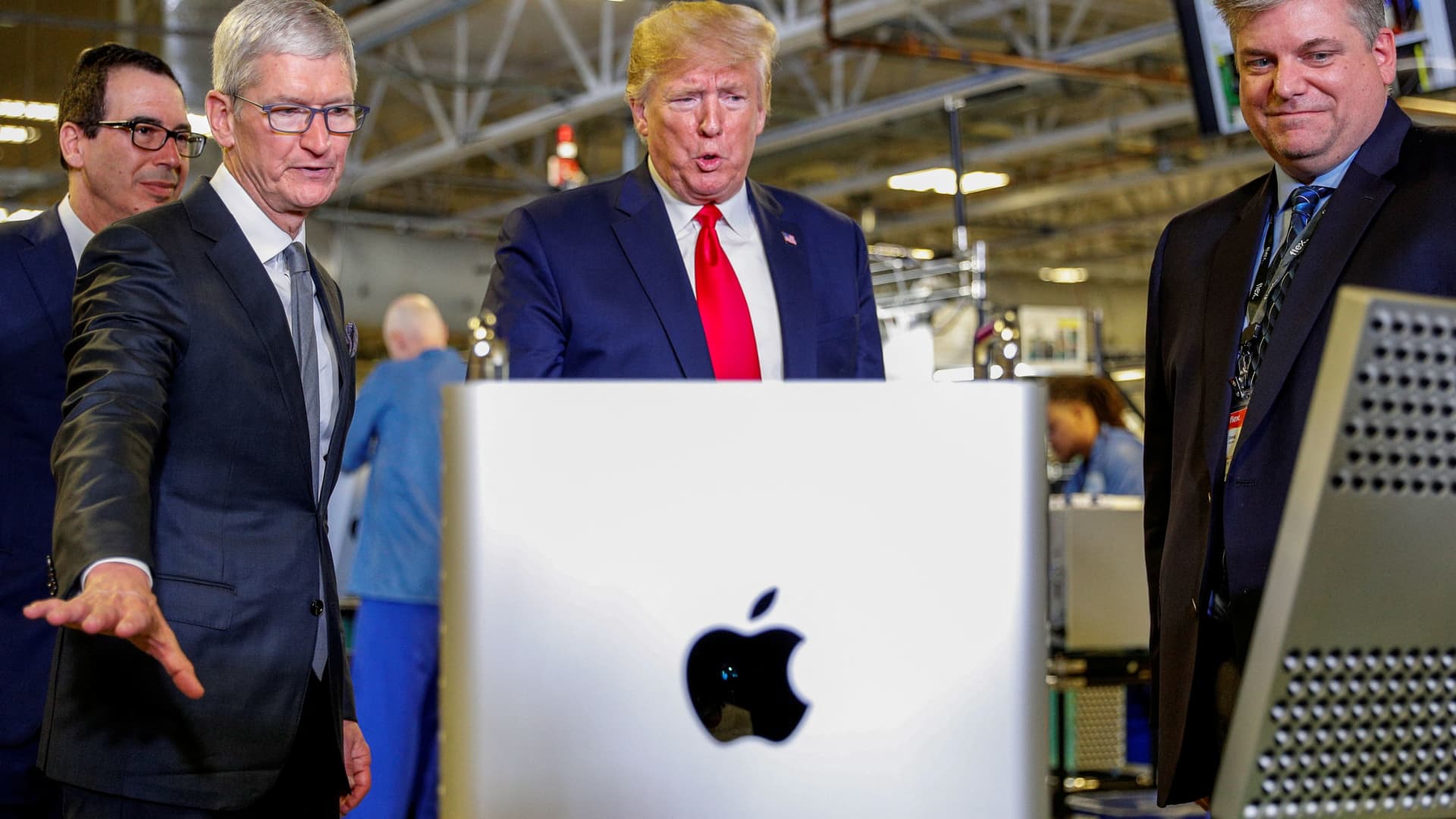In an unexpected twist, a prominent meteorologist has placed part of the blame for deteriorating hurricane forecast accuracy on former President Donald Trump. While this may sound political, the core of the issue lies in the integrity of data and the politicization of science.
What Happened?
The controversy stems from a 2019 incident infamously dubbed “Sharpiegate.” At the time, President Trump falsely claimed Hurricane Dorian would hit Alabama. When the National Weather Service contradicted him, Trump responded by presenting a doctored map with a Sharpie-drawn extension of the hurricane’s path.
It may have seemed like a harmless moment of ego, but it set off a chain of events that, according to meteorologists, has had lasting effects on the credibility and independence of weather forecasting institutions like NOAA (National Oceanic and Atmospheric Administration).
Why Does It Still Matter?
Forecast accuracy depends on trust—both in the science and in the institutions that communicate it. After the Sharpiegate controversy, internal emails revealed that NOAA leaders pressured staff not to contradict the president publicly. That moment signaled to scientists that politics could override evidence, potentially stifling future warnings or adjustments.
Meteorologists now say they face more public skepticism when issuing hurricane warnings. When the public doubts forecast information, fewer people evacuate, and preparedness drops—putting lives at risk.
How Trump’s Actions Impact Forecasting
The phrase “Meteorologist blames Trump for no longer being able to accurately predict hurricanes” might sound like clickbait, but it’s rooted in real frustration. The issue isn’t that Trump’s Sharpie affected the weather—it’s that it undermined the authority of agencies tasked with protecting the public from it.
The situation eroded confidence in NOAA, creating a chilling effect that some say continues today. Government scientists reported being less willing to speak up or correct misinformation for fear of political backlash.
Where Forecasting Stands Now
Since the Trump era, there have been efforts to rebuild public trust in hurricane prediction. However, the lingering effects of politicized science remain. Forecast models have improved in technology but not necessarily in public confidence.
More than ever, meteorologists are urging leaders to keep scientific integrity insulated from political pressure. The climate is changing, storms are intensifying, and the margin for error in forecasts is shrinking.
Conclusion
While the idea that a meteorologist blames Trump for forecasting failures might sound exaggerated, the criticism isn’t about weather models failing—it’s about the damage done to public trust in science. For hurricane forecasts to be effective, the people making them need independence, and the public needs to believe them.



